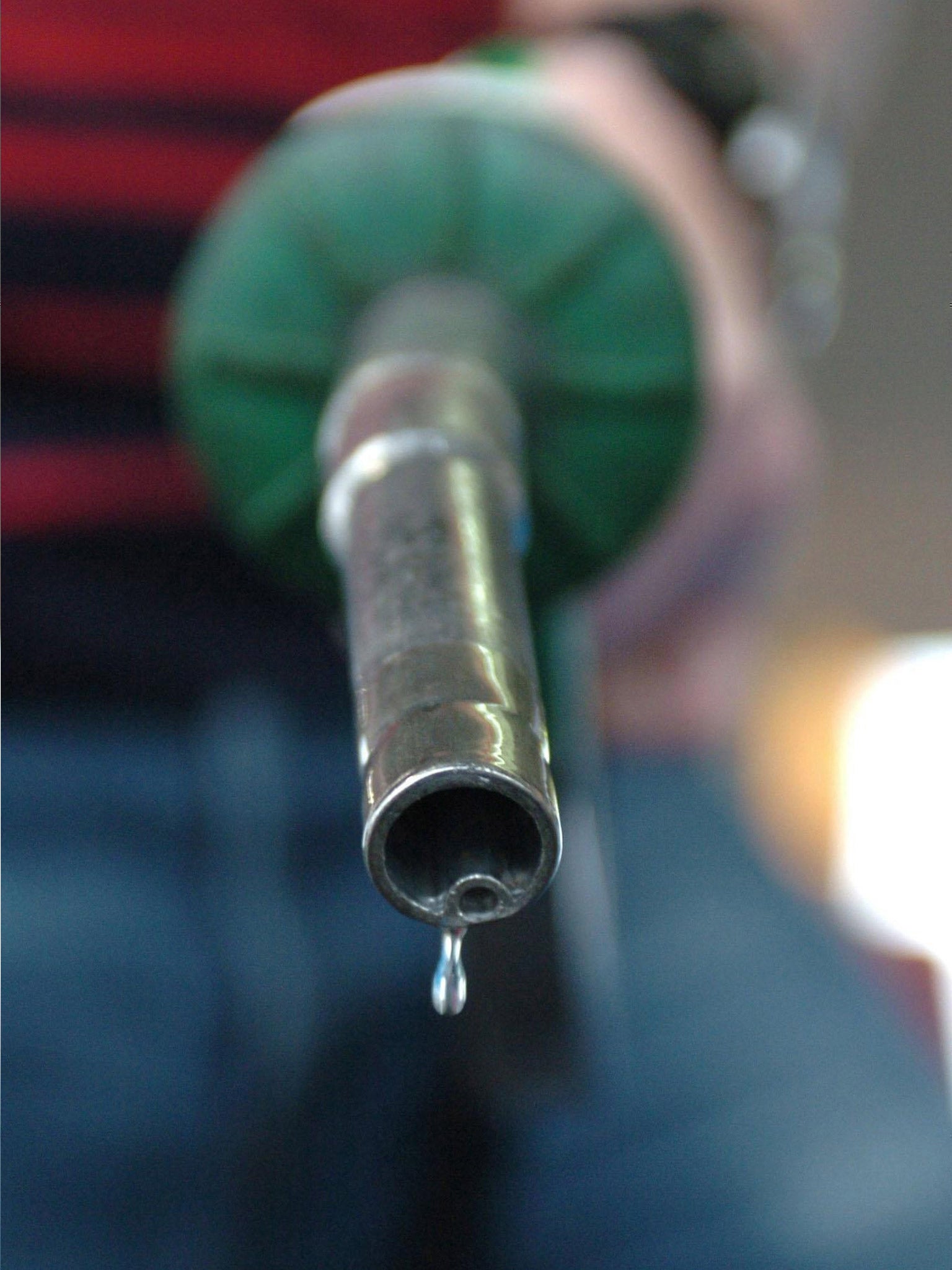Motorists facing years of high fuel bills as Office of Fair Trading rejects referring petrol market to Competition Commission
Watchdog launched a study last September to investigate accusations of predatory pricing by supermarkets

Motorists are facing years of petrol price misery after the Office of Fair Trading decided not to refer the road fuel market to the Competition Commission.
The watchdog launched a study last September to investigate accusations of predatory pricing by supermarkets. It also examined claims that falls in the price of crude oil are not reflected quickly in pump prices, while price hikes are instantly acted on.
Petrol prices have soared in recent years, almost doubling between 2003 and 2012. The OFT’s study showed that petrol prices climbed from 76p a litre to £1.36 over the nine years and from 78p to £1.42 a litre for diesel.
But the OFT disappointed consumer groups and business organisations by blaming the seemingly relentless series of price hikes on tax and duty hikes.
And as it found no evidence of anti-competitive behaviour, it will not recommend that the issue gets full regulatory scrutiny.
Clive Maxwell, the OFT’s chief executive, said: “We recognise that there has been widespread mistrust in how this market is operating. However, our analysis suggests that competition is working well, and rises in pump prices over the past decade or so have largely been down to increases in tax and the cost of crude oil.”
Brian Madderson, chairman of the Petrol Retailers Association, accused the OFT of letting drivers down. “How can the OFT tell motorists and businesses that the market is working in the consumer’s interests?” he said.
He warned that as a result there will be more independent gas stations closing down, higher fuel prices and a higher risk of transport disruption in a crisis.
The OFT also dismissed claims of ‘rocket and feather’ price fixing, when pump prices rise quickly when the wholesale price goes up but fall more slowly when it drops.
It analysed 12 years’ worth of price data and “found very limited evidence to support such claims”.
The Forum of Private Business was scathing about the report. “We will have to take the findings of the OFT investigation on board that there was little evidence of collusion of price fixing,” said Alex Jackman, head of policy. “It is a difficult finding to swallow, however, given the lag times that seem to exist between wholesale prices dropping and pump prices following which are there for all to see.”
Edmund King, president of motorist organisation the AA, said: “The OFT sees the fuel pricing market as competitive but this clashes with drivers’ frustration on the forecourts. If fuel pricing is fair and competitive, there is no reason not to publish petrol and diesel wholesale prices to prove the point and reassure motorists.”
The OFT did concede that fuel can be significantly more expensive at motorway service stations and has asked the Department for Transport to consider new road signs that would warn motorway drivers of the higher prices they will be charged.
Join our commenting forum
Join thought-provoking conversations, follow other Independent readers and see their replies
Comments
Bookmark popover
Removed from bookmarks